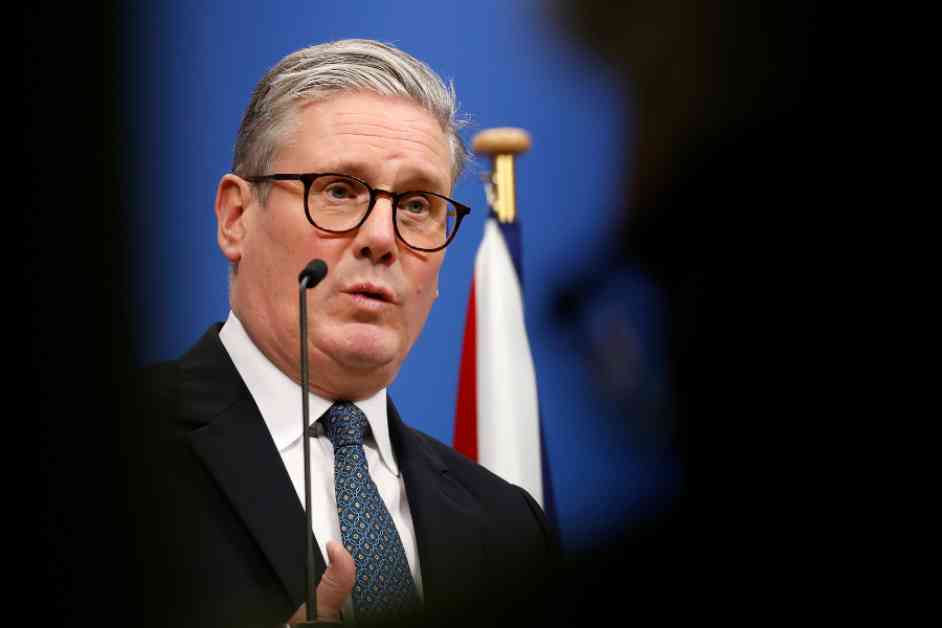Prime Minister Keir Starmer is set to deliver a powerful message at the Scottish Labour conference in Glasgow, warning of the growing influence of what he terms “dangerous right-wing politics” in the UK. His speech will highlight the rise of Nigel Farage’s Reform party, which, according to Starmer, presents itself as pro-working people while working against their best interests.
Starmer’s address aims to shift the narrative, emphasizing that if Labour fails to offer a clear vision for a better future, parties like Reform will shape the political discourse. He will underscore the stakes by referencing the upcoming 2026 Holyrood election, suggesting that the consequences of inaction are deeply woven into the fabric of society.
The Prime Minister will caution against the deceptive practices of right-wing politics, stressing the importance of exposing their true intentions. He will draw attention to the discrepancies between the rhetoric of groups like Reform and their actions, such as voting against key legislation that protects workers’ rights while advocating for policies that undermine public services like the NHS.
In response to Starmer’s remarks, a spokesperson for Reform UK in Scotland defended their platform, accusing Starmer of failing to address the needs of the Scottish people and positioning Reform as a viable alternative to the status quo. They argue that while Labour and the Tories have fallen short in serving Scotland, Reform offers tangible change and a departure from traditional politics.
Starmer will also use his speech to criticize the SNP and the government in Edinburgh, highlighting what he sees as missed opportunities for progress and cooperation. He will point to instances where the SNP rejected measures that could benefit Scotland, characterizing their approach as prioritizing symbolic gestures over practical solutions.
In a bold vision for the future, Starmer will call for a united front against the SNP, envisioning a scenario where Labour governments at both the UK and Scottish levels work in tandem to address pressing issues and usher in a new era of governance. He will advocate for a collaborative effort that transcends party lines, emphasizing the potential for meaningful change if barriers to cooperation are removed.
Responding to Starmer’s remarks, SNP’s depute leader at Westminster Pete Wishart pushed back against the Prime Minister’s criticisms, accusing Labour of aligning with Farage’s divisive ideologies and failing to connect with the needs of the Scottish electorate. Wishart highlighted the SNP’s focus on key priorities like healthcare, cost of living, and economic growth under John Swinney’s leadership, contrasting it with what he perceives as Labour’s missteps.
In this charged political landscape, the clash between competing visions and strategies underscores the complexity of modern governance and the urgency of addressing societal challenges. As leaders jockey for position and parties vie for influence, the fate of Scotland and the UK hangs in the balance, awaiting the decisions of voters and the outcomes of future elections.












